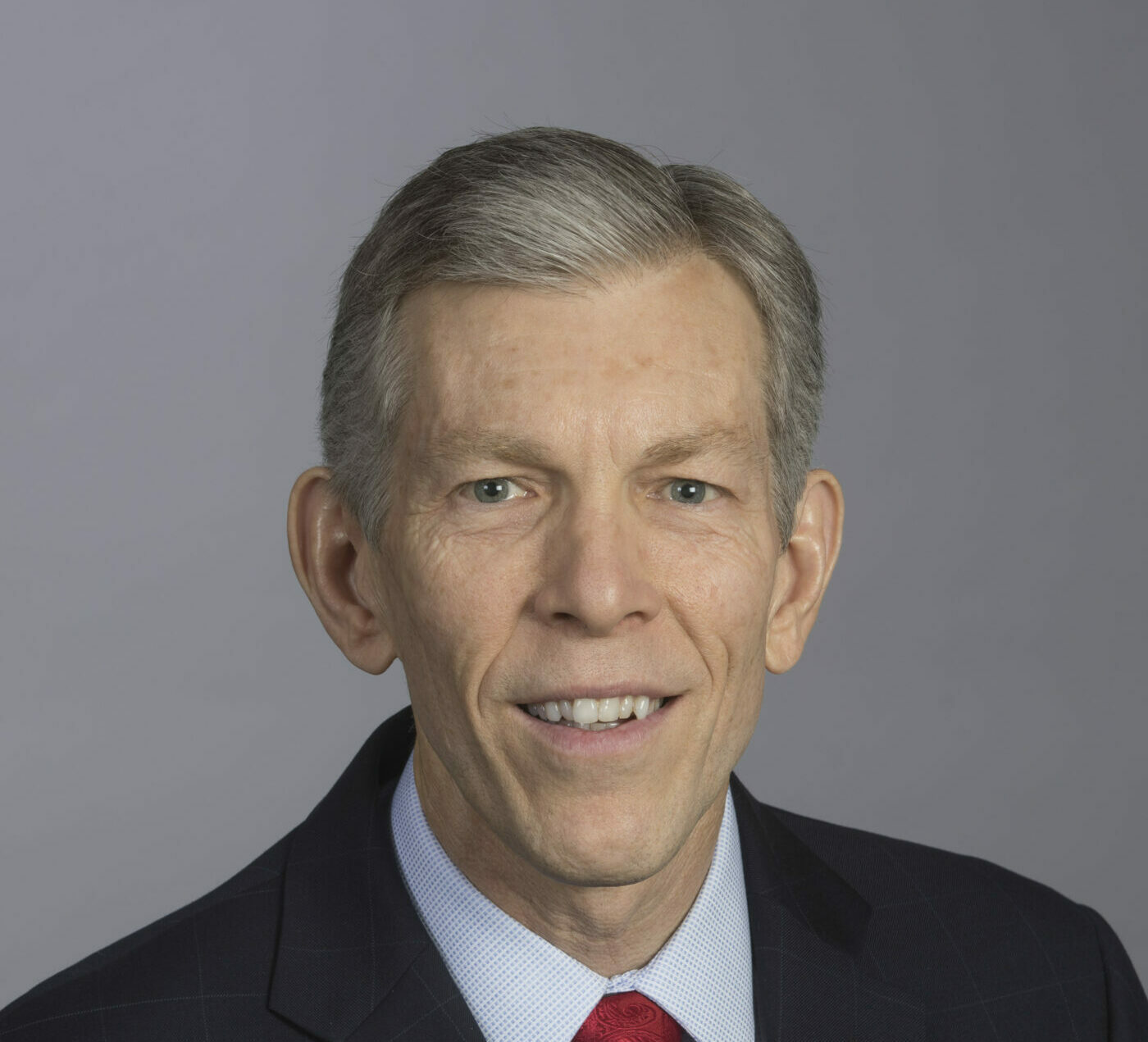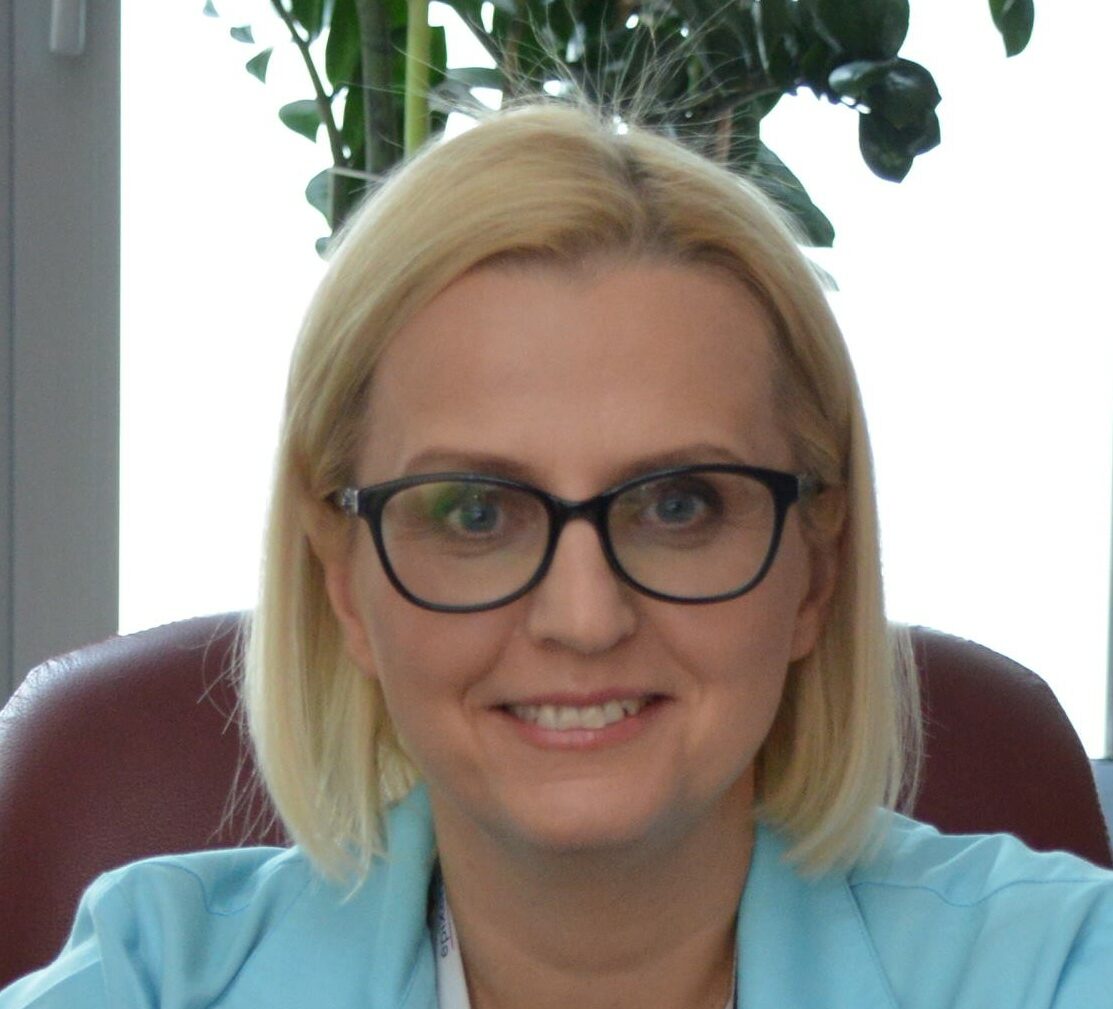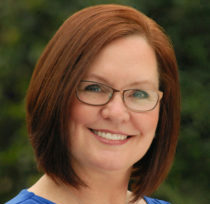In this activity, a paediatric neurologist and epilepsy specialist, along with another epilepsy specialist involved in managing patients with TSC, share their insights on the current management strategies for TSC-associated seizures and the potential for preventing or delaying seizures in patients with TSC, and review emerging treatment options. Plus, hear from a caregiver of a patient with TSC on her experience and how novel treatments may improve outcomes.
This activity is jointly provided by USF Health and touchIME. read more
Target Audience
This activity has been designed to meet the educational needs of neurologists, including paediatric neurologists, epilepsy specialists, neurology nurses, paediatricians and primary care physicians involved in the management of tuberous sclerosis complex.
Disclosures
USF Health adheres to the Standards for Integrity and Independence in Accredited Continuing Education. All individuals in a position to influence content have disclosed to USF Health any financial relationship with an ineligible organization. USF Health has reviewed and mitigated all relevant financial relationships related to the content of the activity. The relevant relationships are listed below. All individuals not listed have no relevant financial relationships.
Faculty
Prof. James Wheless discloses: Grants/research support from Aucta, AveXis, Envision, EpiWatch, Marinus Pharmaceuticals, Neurelis Inc., Neuro Event Labs, Neurocrine Biosciences, NeuroPace, SK Life Sciences, Stoke Therapeutics, UCB, Xenon Pharmaceuticals and Zogenix. Consulting fees from Azurity Pharmaceuticals, BioMarin Pharmaceutical Inc., Eisai, Jazz Pharmaceuticals, Marinus Pharmaceuticals, Neurelis Inc., Radius Health and Supernus. Speaker’s bureau fees from Aquestive Therapeutics, BioMarin Pharmaceutical Inc., Eisai, Jazz Pharmaceuticals, LivaNova, Neurelis Inc., SK Life Sciences, Supernus, UCB and Zogenix.
Prof. Katarzyna Kotulska discloses: Grants/research support from Novartis (relationship terminated). Advisory board or panel fees from Biogen, GW Pharmaceuticals, Novartis, Roche and UCB.
Ms Lisa Moss has no interests/relationships or affiliations to disclose in relation to this activity.
Content reviewer
Rebecca Margaret Gonzalez-Winegar, PharmD, BCOP has no relevant financial relationships to disclose.
Touch Medical Directors
Katrina Lester and Sola Neunie have no financial interests/relationships or affiliations in relation to this activity.
USF Health Office of Continuing Professional Development and touchIME staff have no financial interests/relationships or affiliations in relation to this activity.
Requirements for Successful Completion
In order to receive credit for this activity, participants must review the content and complete the post-test and evaluation form. Statements of credit are awarded upon successful completion of the post-test and evaluation form.
If you have questions regarding credit please contact cpdsupport@usf.edu.
Accreditations
Physicians
This activity has been planned and implemented in accordance with the accreditation requirements and policies of the Accreditation Council for Continuing Medical Education (ACCME) through a joint providership of USF Health and touchIME. USF Health is accredited by the ACCME to provide continuing medical education for physicians.
USF Health designates this enduring material for a maximum of 0.75 AMA PRA Category 1 CreditTM. Physicians should claim only the credit commensurate with the extent of their participation in the activity.
The European Union of Medical Specialists (UEMS) – European Accreditation Council for Continuing Medical Education (EACCME) has an agreement of mutual recognition of continuing medical education (CME) credit with the American Medical Association (AMA). European physicians interested in converting AMA PRA Category 1 CreditTM into European CME credit (ECMEC) should contact the UEMS (www.uems.eu).
Advanced Practice Providers
Physician Assistants may claim a maximum of 0.75 Category 1 credits for completing this activity. NCCPA accepts AMA PRA Category 1 CreditTM from organizations accredited by ACCME or a recognized state medical society.
The AANPCP accepts certificates of participation for educational activities approved for AMA PRA Category 1 CreditTM by ACCME-accredited providers. APRNs who participate will receive a certificate of completion commensurate with the extent of their participation.
Date of original release: 8 December 2022. Date credits expire: 8 December 2024.
If you have any questions regarding credit please contact cpdsupport@usf.edu.





